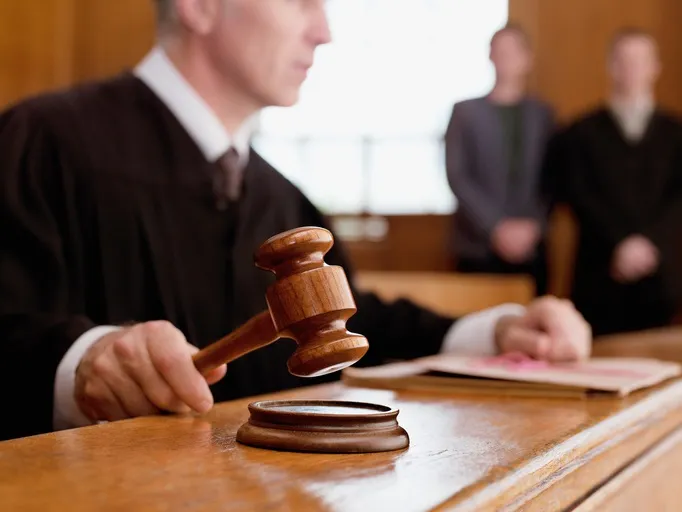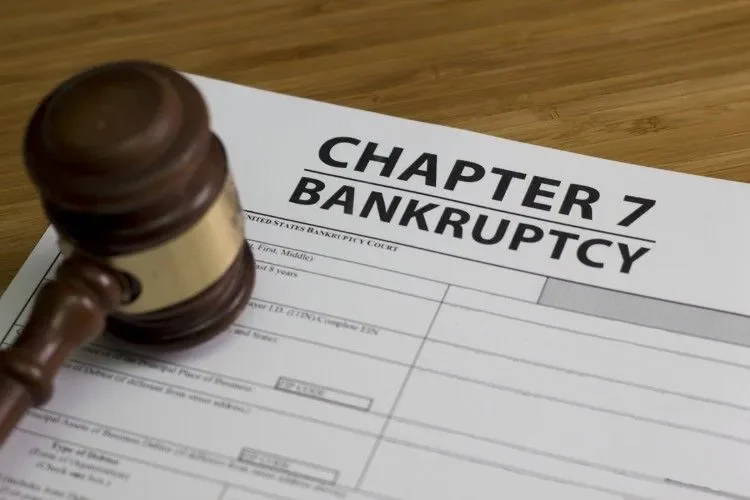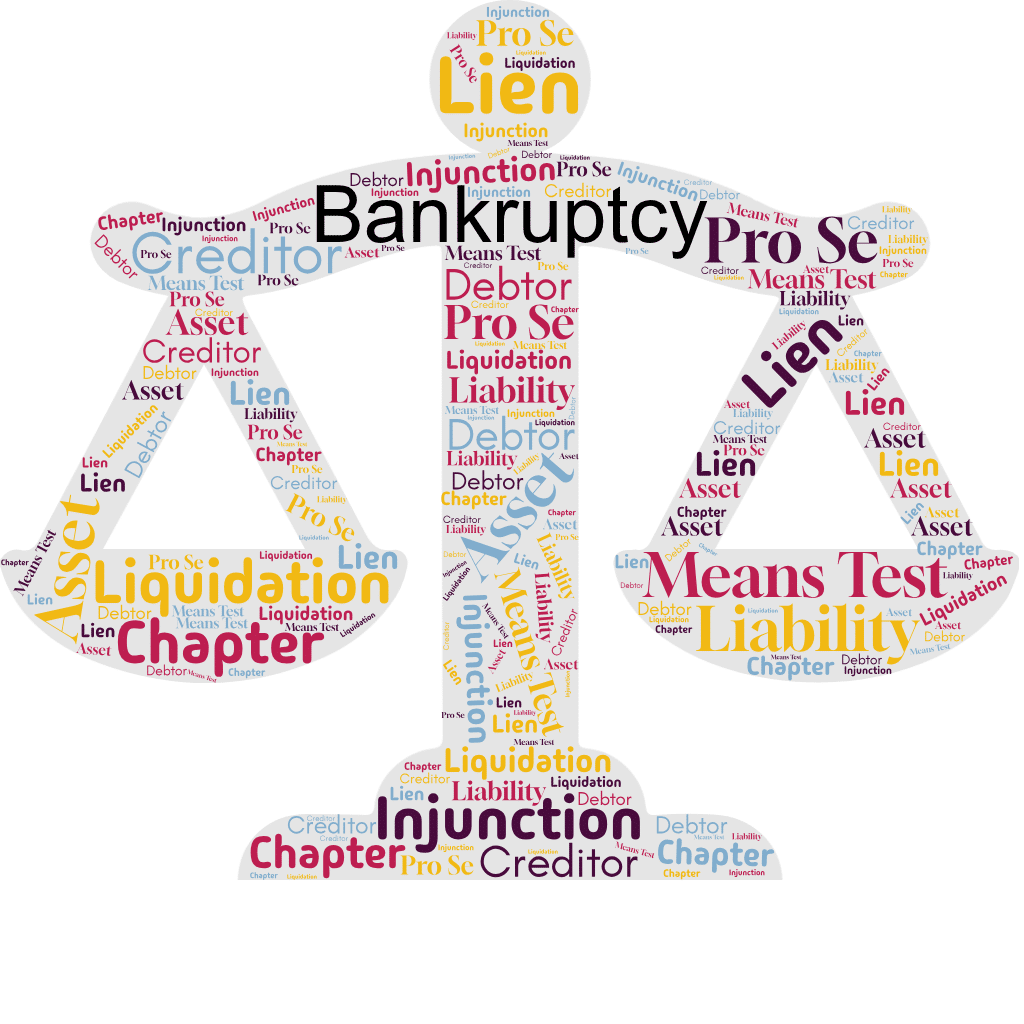If you are struggling to keep up with your monthly expenses due to overwhelming debt, filing for bankruptcy may be the solution you need. Contacting a Chapter 7 bankruptcy attorney Tampa residents trust can provide clarity and guidance during this challenging time. While some may attempt to file for bankruptcy pro se (without legal representation), having an experienced attorney can make the process smoother, faster, and less stressful.
A Tampa bankruptcy attorney can help you determine the best strategy for your financial situation. When considering Chapter 7 bankruptcy, it’s important to research and choose a legal professional who has extensive experience with bankruptcy proceedings. At Ziegler Diamond Law: Debt Fighters, our team of debt relief lawyers specializes in Chapter 7 bankruptcy and is ready to guide you through every step. Take control of your finances with professional guidance today.

In Chapter 7 bankruptcy cases, a bankruptcy trustee is appointed to act on behalf of the court. Trustees are responsible for reviewing your financial records, collecting non-exempt assets, selling them if necessary, and distributing the proceeds to creditors. They also ensure that the Chapter 7 process is handled correctly and efficiently.
If you are worried about losing property, most low-income filers can retain most, if not all, of their assets. An experienced Tampa bankruptcy attorney or attorney specializing in debt relief can explain which assets may be exempt and which could be considered too valuable by the court. Working with debt relief lawyers in Tampa ensures you have professional guidance throughout the bankruptcy process.
When you file for Chapter 7 bankruptcy in Tampa, not all of your property is taken to repay creditors. Certain assets are considered “exempt”, meaning you can keep them even after filing. A skilled Chapter 7 bankruptcy attorney in Tampa can help you understand which assets are protected under Florida law.
Here’s a general breakdown of common asset exemptions in Florida:

If you’re unsure what property you can keep, consult an experienced Tampa bankruptcy attorney at Ziegler Diamond Law. Our legal team can review your situation and ensure you take full advantage of Florida’s exemption laws.
Filing for Chapter 7 bankruptcy can feel overwhelming, but with guidance from an experienced Chapter 7 bankruptcy attorney in Tampa, the process becomes much clearer. At Ziegler Diamond Law, our team walks you through every stage — ensuring you understand your rights, protect your assets, and get a true financial fresh start.
Here’s a step-by-step look at how the Chapter 7 bankruptcy process typically works in Florida:

Filing for Chapter 7 doesn’t have to be intimidating. With help from Ziegler Diamond Law, a trusted Tampa bankruptcy attorney, you’ll have the guidance and support to rebuild your financial future. Call today for a free consultation and take the first step toward lasting debt relief.

Who Can File for Chapter 7 Bankruptcy in Tampa, FL?
Chapter 7 is often considered a fresh start bankruptcy, but it can also involve the liquidation of certain non-exempt assets. That’s why it’s important to discuss your situation with a knowledgeable Chapter 7 bankruptcy before proceeding. If you have a steady income or own valuable assets, your Tampa bankruptcy lawyer may recommend filing under Chapter 13, which allows you to reorganize your debts through a manageable repayment plan instead.
At Ziegler Diamond Law: Debt Fighters, we understand that filing for bankruptcy can feel overwhelming. Our legal team will help you evaluate your financial circumstances, explain the pros and cons of Chapter 7, and determine whether it’s truly the right fit for you.
Schedule a free consultation today with an experienced Tampa Chapter 7 bankruptcy attorney to discuss your debt relief options and take the first step toward financial recovery.
Bankruptcy law is complex, and even a small mistake can jeopardize your financial recovery. Working with a qualified Chapter 7 bankruptcy attorney in Tampa, FL ensures your case is handled correctly from the start.
Having an experienced Tampa bankruptcy lawyer by your side can make a significant difference in the outcome of your case. Here’s how an attorney at Ziegler Diamond Law can help you navigate Chapter 7 bankruptcy efficiently and confidently:
Bankruptcy is a major decision, but you don’t have to face it alone. With the help of an experienced Chapter 7 bankruptcy attorney in Tampa, FL you can move through the process smoothly and protect what matters most. Contact Ziegler Diamond Law today for a free consultation to discuss your debt relief options and start your journey toward financial freedom.
Struggling with overwhelming debt in Tampa, FL? The experienced Chapter 7 bankruptcy attorneys at Ziegler Diamond Law are here to help you take back control of your finances. We understand the financial challenges Tampa residents face and provide compassionate, results-driven legal support tailored to your unique situation.
Contact us today or schedule a free, confidential consultation to discuss your options with an experienced Chapter 7 bankruptcy attorney in Tampa.
All consultations are private, pressure-free, and focused entirely on finding the best path toward your financial recovery.
Filing for bankruptcy can feel confusing at first — not because the process is overly complex, but because many people encounter unfamiliar legal terms and conflicting information online. Understanding the basic bankruptcy vocabulary can make the process much less intimidating and help you make informed financial decisions.
Working with an experienced Chapter 7 bankruptcy attorney in Tampa from Ziegler Diamond Law: Debt Fighters ensures you receive clear, accurate guidance throughout your case. Your attorney can explain every step of the process, help you separate facts from misinformation, and clarify the legal terminology that applies to your situation.
As you prepare for your initial consultation, take a moment to review some of the most common bankruptcy terms. If you have questions, your Tampa Chapter 7 lawyer will be happy to discuss each one in detail during your first meeting.

If you’re considering filing for bankruptcy, our experienced Chapter 7 bankruptcy attorney in Tampa, FL is here to help you explore your best options for financial relief. Depending on your individual circumstances, you may qualify to file under Chapter 7, Chapter 13, or even Chapter 11 of the U.S. Bankruptcy Code.
Every financial situation is unique — what works for one family may not be the best solution for another. That’s why it’s important to speak with a knowledgeable Tampa bankruptcy lawyer before making any decisions. At Ziegler Diamond Law, we take the time to understand your challenges and develop a strategy tailored to your needs and goals.
Your consultation is free, confidential, and completely risk-free. There’s no obligation — just an honest conversation about your options for debt relief.
Contact Ziegler Diamond Law today to schedule your consultation with a trusted Chapter 7 bankruptcy attorney Tampa residents rely on. Let us help you take the first step toward a more secure financial future.
To file for Chapter 7 bankruptcy in Tampa, you’ll need to complete credit counseling, gather your financial documents, and file your petition with the U.S. Bankruptcy Court for the Middle District of Florida. A Tampa bankruptcy attorney can guide you through each step of the process.
Most Chapter 7 bankruptcy cases in Tampa are completed within four to six months, depending on the court’s schedule and how quickly all documents are submitted.
Yes, in many cases. Florida’s homestead exemption laws allow Tampa residents to protect their primary home’s equity. Your attorney can help you determine how the exemptions apply to your property.
In Tampa, most unsecured debts — such as medical bills, personal loans, and credit card debt — can be discharged under Chapter 7. However, obligations like child support and certain taxes remain non-dischargeable.
Yes, you’ll need to attend a short “341 meeting of creditors” in Tampa, usually held at the bankruptcy court or virtually. Your lawyer will prepare you and accompany you during the session.
Florida’s bankruptcy exemptions may allow you to keep essential assets, including your home and vehicle, depending on their value and equity. A Tampa Chapter 7 bankruptcy lawyer can help you understand what you can protect.
While bankruptcy will impact your credit temporarily, it also gives you a fresh start to rebuild your credit responsibly over time. Many clients see gradual improvement within a year after discharge.